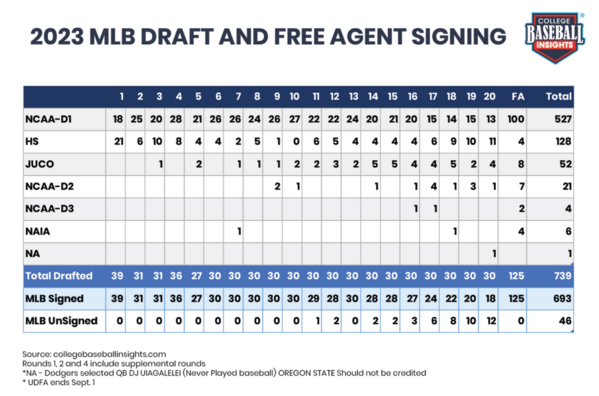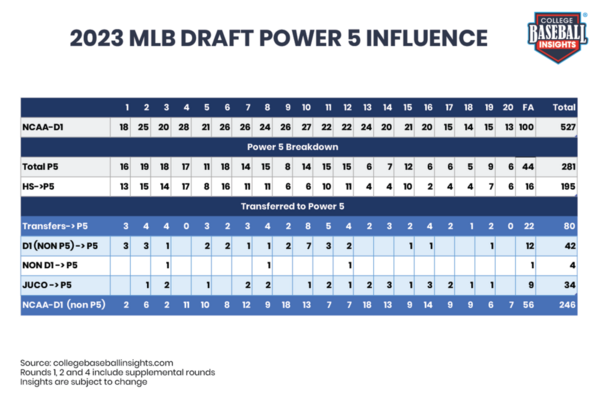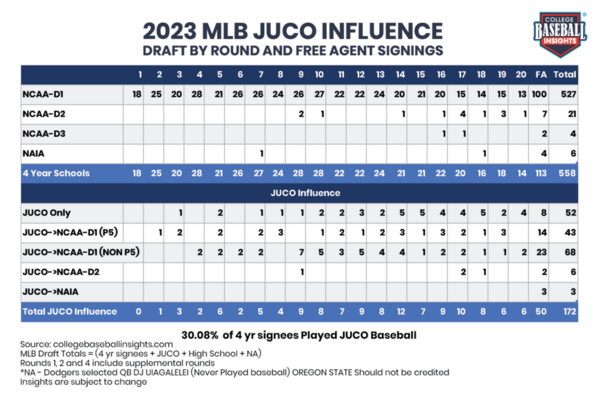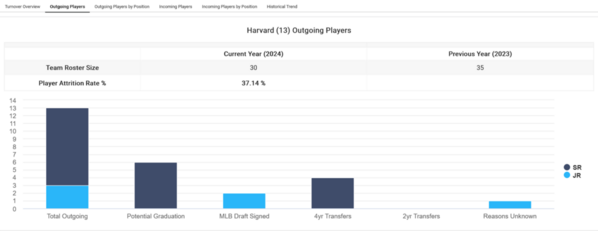Regarding HA colleges and careers: My parents grew up extremely poor; legally immigrated here; worked hard; and achieved the American dream of home ownership and financial independence. My brother went to a tippy top elite LAC; got a combined JD/MBA degree from a very high end public school then worked in starting up tech companies in CA. He will be the first to tell you that "the hinge" for him was the network: an alumnus from his LAC who preferentially hired him after law school. Would he have been successful in life without the above? Yes. But it may have been some completely different track.
Personally I went to a completely average state public college and med school (admittedly I did graduate in the top 10% of my class). Two of the very most credentialed people I worked with did the following: 1) Harvard undergrad/Harvard med school/Mass Gen residency 2) UPenn/Columbia Med/some other big name residency program. I wouldn't let them cut my sandwich let alone a family member. Seriously technically ungifted. Anecdotally, the best physicians I know are from not quite top tier but better than average undergrads and med schools.
But still, I've always been gung ho about my kids going to some big name college because I've always figured why not have every door available to them. And admittedly a little bit of inferiority complex with regards to my brother. Then COVID hits and I get to witness completely idiotic and tyrannical government, medical society, and college administrative decisions surrounding it. Now part of me is like no effing way I'm going to pay hundreds of thousands of dollars for my kids to go to some of these schools. So now I'm torn between the possible value of the brand name credential vs feeling like a hypocrite for putting up with the lunacy of some of these institutions. (witness the current anti-semitism btw).
What are the truths in the discussion in this thread above?
1) You can become successful via any track you pursue. Whether you go JUCO to 4 year or whatever. It is a matter of how hard you work, pay attention to your goals, and kick open your opportunities when they arise.
2) Success is measured in different ways for different people. My brother is wildly more financially successful than I am, but I wouldn't trade my life for his.
3) It will be easier to become more accomplished academically if you surround yourself and compete with the best students. JUST. LIKE. BASEBALL. So while it is true a JUCO or other college may offer the same classes as say... Williams College..., you are more likely to have a higher quality education at the latter.
4) Having the right mentor or instructor who actively guides you over time is perhaps the most critical thing to success in baseball, academics, life.
5) Connections and networking matters. While I am currently prejudiced against some of these so called elite colleges, I'd have to have rocks in my head to not understand that a large number of people in positions of power went to these same schools and an old boys network exists for many jobs. It's also true that lesser stature schools have these same networks but they may be more regional.










